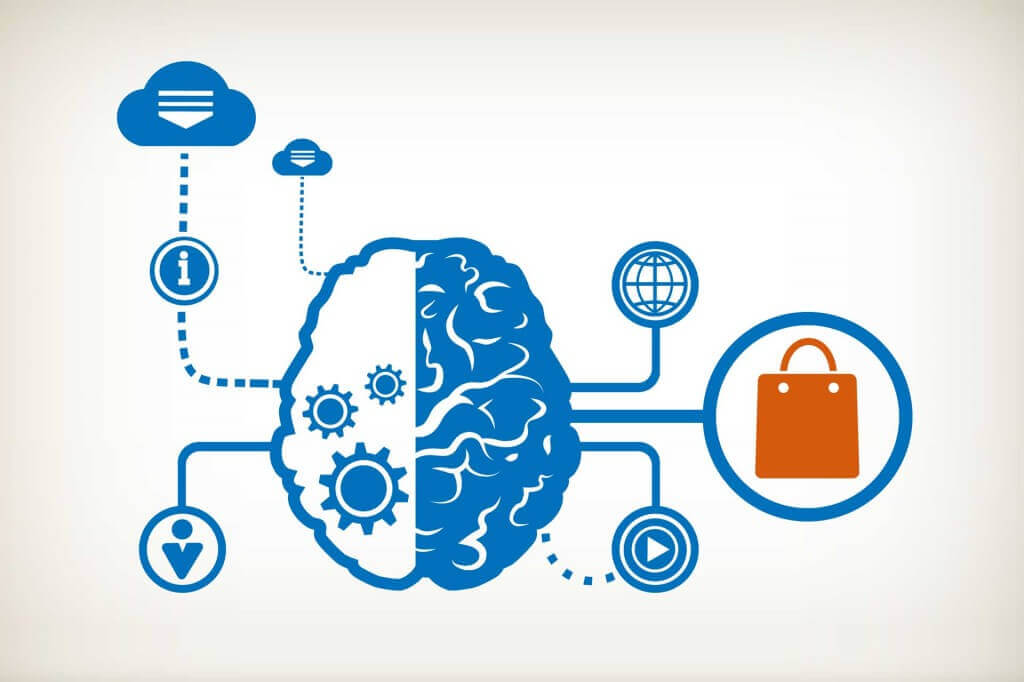
Understanding the rationale behind consumer decision-making has long been an obsession for marketers. Popularized today as behavioral economics, brands such as Amazon and Netflix invest millions into understanding the psychology of their consumers shopping habits in order to drive purchases.
In the travel industry, OTAs also build their platforms around principles of buying psychology to boost conversion rates. Yet far from being a secret or expensive investment, many of these same principles can be applied by hotels.
In the following post, we’ll look at 5 ways hotels can use behavioral economics with actionable examples on how to use them to increase booking conversion rates.
-
Reduce Decision making
According to the famous “Paradox of Choice” (a term coined by psychologist Barry Schwartz), having too many options can be a bad thing. With so many possibilities available to us, there’s always the sense that a better choice could have been made. The whole buying process becomes full of anxiety and imbued with uncertainty.
In terms of how this plays out for businesses, consumers can end up feeling paralyzed by having too many choices, which actually makes them less likely to make a purchase. For hotels looking to increase conversion rates, the takeaway here is to offer your guests fewer options—or at the very least, split options into multiple steps.
How to apply this tactic:
While it might be tempting, displaying all of your room types and rates on one page can quickly overwhelm potential guests. Even if you’re only showing five different room types and five rate types, you’re still giving your guests 25 possible options to consider in one hit.
That’s why it’s best to split the booking process into separate steps. To make life easier for your guests, introduce different options in a logical, easy-to-digest sequence. Start by showing them the room options first, and then give them the various rate plans and add-ons.
To further simplify things, always pre-select a default option within the booking process. According to the power of defaults, people invariably choose the default (in part because it represents the easiest choice). This tendency gives you the ability to steer your guests’ buying habits and make decision-making easier.




